

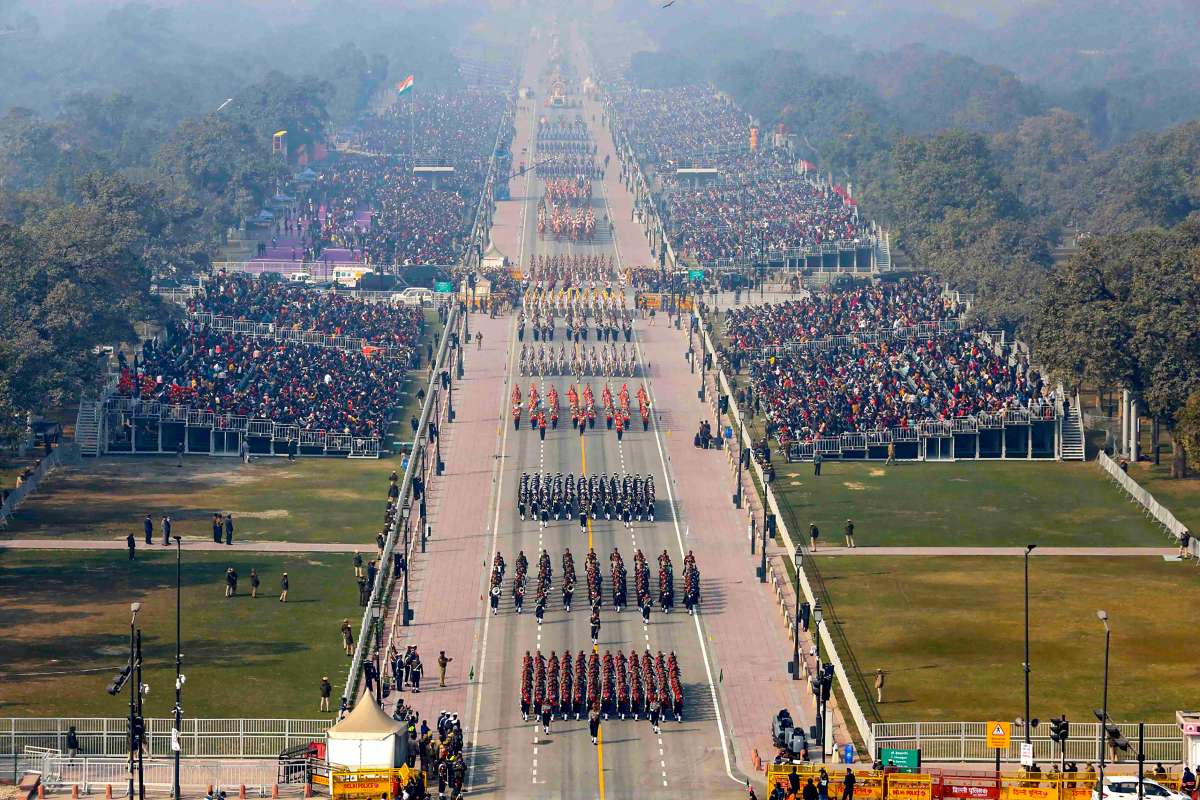
Today, the nation comes together to celebrate India's 76th Republic Day with a grand parade at Kartavya Path. The event, with a theme of "Swarnim Bharat: Virasat aur Vikas," will showcase India's strength and unity, with 18 marching units, 15 bands, and 31 tableaux on display. PM Modi and President Murmu will lead the celebrations, with Indonesian President Subianto as the chief guest. Additionally, Tamil Nadu Governor Ravi and CM Stalin will witness a special parade in Chennai, while Vice President Dhankhar and Kerala CM Vijayan reaffirm their commitment to the values of justice, equality, secularism, and unity in diversity enshrined in India's Constitution. This year's Republic Day highlights the country's progress and determination towards a better future.
Republic Day: A Symbol of Unity and Progress
Republic Day, celebrated on January 26th, marks the day when India officially adopted its Constitution and became a sovereign democratic republic. This year, India celebrates its 76th Republic Day, reflecting on its remarkable journey and the strength of its diverse population.
Background
The Indian Constitution was drafted by the Constituent Assembly, which was elected in 1946. The Assembly, chaired by Dr. B.R. Ambedkar, spent nearly three years drafting the Constitution, drawing inspiration from various sources, including the Government of India Act of 1935 and the Constitutions of other countries.
On January 26, 1950, the Constitution came into effect, replacing the Government of India Act and making India a republic. The day is celebrated as Republic Day every year to commemorate the adoption of the Constitution.
Celebrations
Republic Day celebrations are held throughout India, with the main event taking place in New Delhi. The grand parade at Kartavya Path (formerly Rajpath) is a key highlight, featuring marching units from the Indian Army, Navy, Air Force, and paramilitary forces. Cultural tableaux from various states showcase India's rich diversity.
This year's theme, "Swarnim Bharat: Virasat aur Vikas," emphasizes India's golden heritage and its progress towards a better future. The parade will reflect this theme through its displays of strength and unity.
Significance
Republic Day is a day to reflect on the sacrifices made by the freedom fighters who fought for India's independence. It is also a reminder of the values enshrined in the Indian Constitution, including justice, equality, and secularism.
By celebrating Republic Day, Indians reaffirm their commitment to these values and to the principles of democracy, unity, and diversity.
Top 5 FAQs
1. Who was the first President of India? Dr. Rajendra Prasad
2. What is the preamble of the Indian Constitution? "WE, THE PEOPLE OF INDIA, having solemnly resolved to constitute India into a SOVEREIGN SOCIALIST SECULAR DEMOCRATIC REPUBLIC and to secure to all its citizens: JUSTICE, social, economic and political; LIBERTY of thought, expression, belief, faith and worship; EQUALITY of status and of opportunity; and to promote among them all FRATERNITY assuring the dignity of the individual and the unity and integrity of the Nation"
3. What is the current population of India? Approximately 1.4 billion (2023)
4. What is the official language of India? Hindi
5. Who is the current Prime Minister of India? Narendra Modi
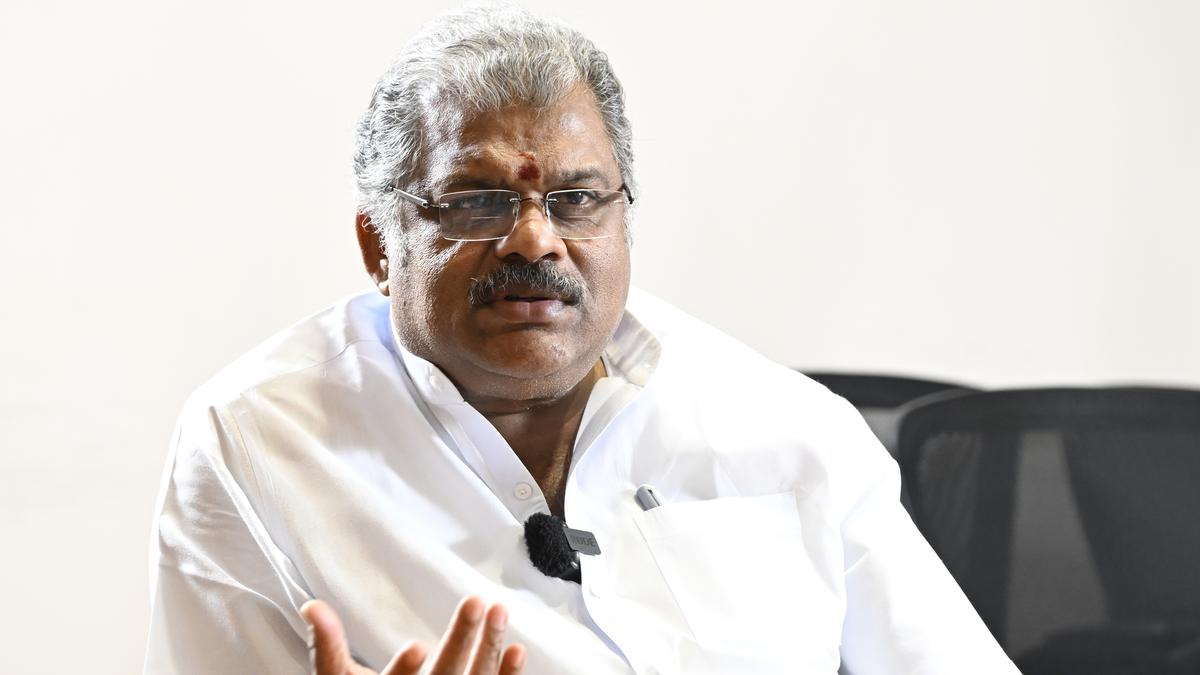
In a scathing attack, Tamil Maanila Congress leader and former Union Minister G.K. Vasan criticized the DMK government in Tamil Nadu for the deteriorating law and order situation in the state. Vasan accused the ruling party of using divisive issues to distract from their failures, corruption, and scams. He demanded a white paper on the alleged Rs 1,000-crore financial fraud involving the state-run corporation responsible for liquor sales. The Enforcement Directorate has conducted raids in connection with suspected financial irregularities, targeting the TASMAC headquarters, distilleries, and liquor contractors.
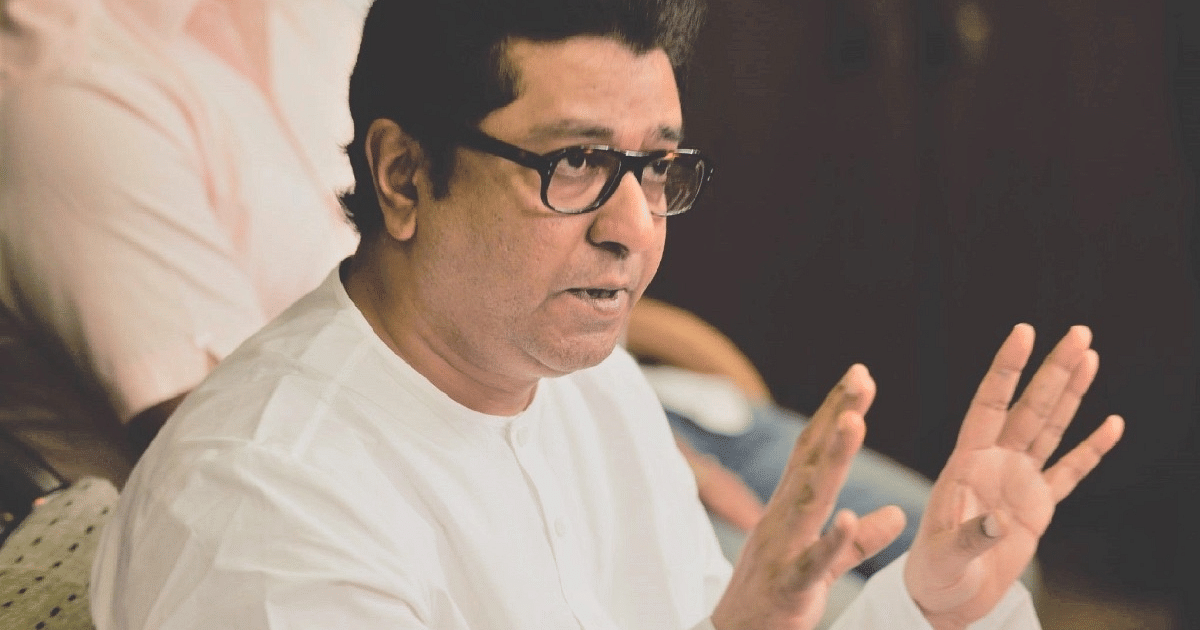
In his annual Gudhi Padwa rally, Maharashtra Navanirman Sena (MNS) chief Raj Thackeray criticized efforts to stir up communal tension over Aurangzeb's tomb. He urged people not to rely on WhatsApp forwards for historical information and reminded them that the Mughal ruler failed to defeat the legacy of Shivaji Maharaj. Thackeray's comments come as right-wing groups call for the removal of Aurangzeb's tomb, leading to protests and violence.

In a joint statement, N Chandrababu Naidu and Pawan Kalyan shared their hopes for a successful Ramadan through welfare initiatives and the practice of Zakat. The leaders emphasized the values of compassion and unity among the Muslim community and conveyed their best wishes for a peaceful and prosperous month. This message highlights the importance of social responsibility and humanity in the spirit of Ramadan.

The people of Haridwar's Singhdwar took to the streets to express their disappointment and anger towards Uttarakhand MP Trivendra Singh Rawat. The protesters accused Rawat of promoting illegal mining and failing to implement important development work in his four-year tenure as Chief Minister. They also alleged that Rawat's actions have insulted Dalits and the poor, and that the recent survey naming him as the "most unsuccessful Chief Minister" serves as proof of his failures. This demonstration is a clear sign of public discontent and anger towards Rawat's actions.

On the auspicious day of Navratri, PM Narendra Modi lays the foundation stone and inaugurates several infrastructure projects worth Rs 33,700 crore in Chhattisgarh. The projects span key sectors like power, oil and gas, railways, and roads, boosting the state's development and economy. PM Modi also addresses the people of Bilaspur, highlighting the government's commitment to fulfilling its promises and ensuring every individual benefits from development efforts. He further mentions the significance of Chhattisgarh's silver jubilee year and Atal Bihari Vajpayee's birth centenary in the context of the government's resolve to nurture the state's growth.
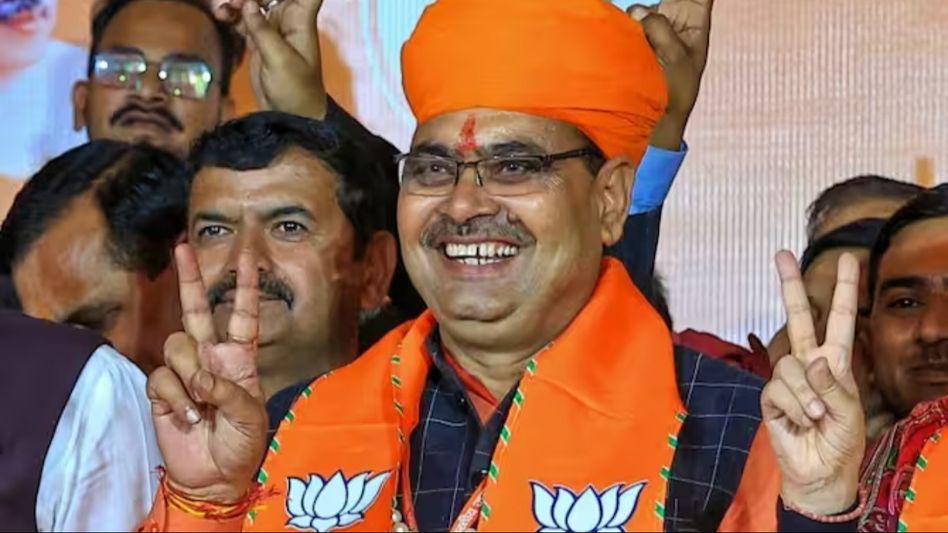
Chief Minister Bhajanlal Sharma addressed the 'Vikas and Sushasan Utsav' and highlighted his goals for a prosperous and developed Rajasthan. He emphasized inclusive governance and criticized the former Congress government for issues such as women's harassment, power shortages, and economic mismanagement. The Chief Minister announced ambitious plans, including ensuring daytime electricity for farmers and promoting industrial growth, and launched new health coverage and medical apps.
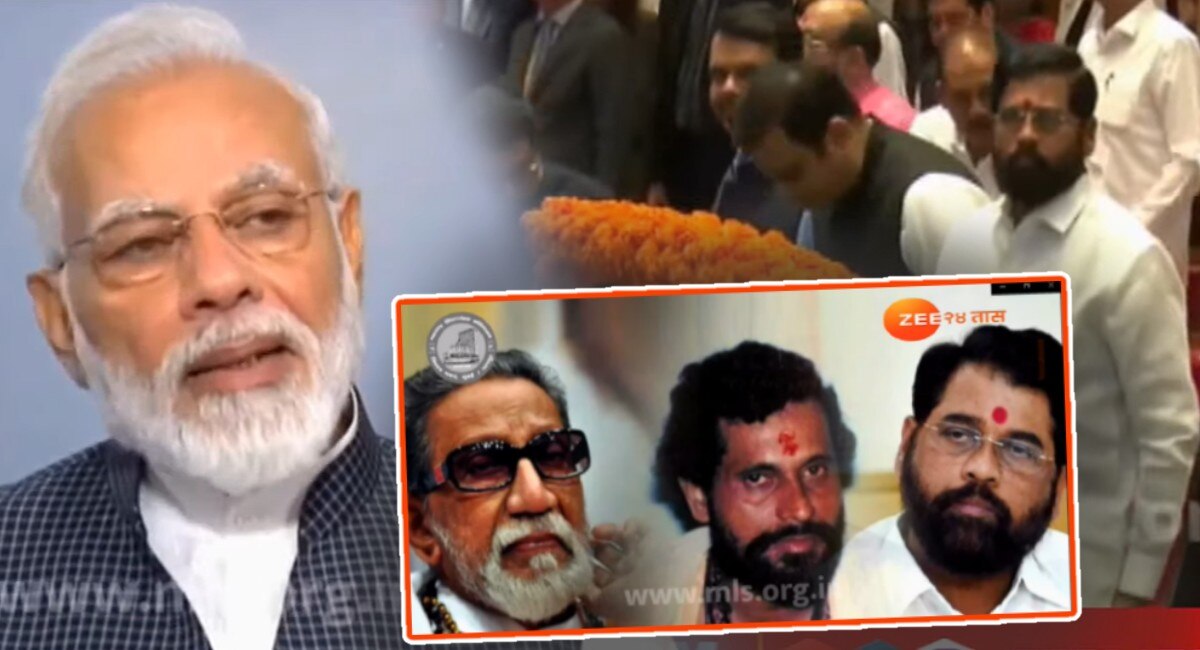
In a fiery speech at the Legislative Council, Maharashtra Deputy CM Eknath Shinde alleged that former CM Uddhav Thackeray had apologized to PM Modi and expressed a desire to join hands with the BJP. Shinde also claimed that Shiv Sena leader Anil Parab had engaged in backdoor negotiations with the BJP. These statements have only added more heat to the already intense political battle in Maharashtra.
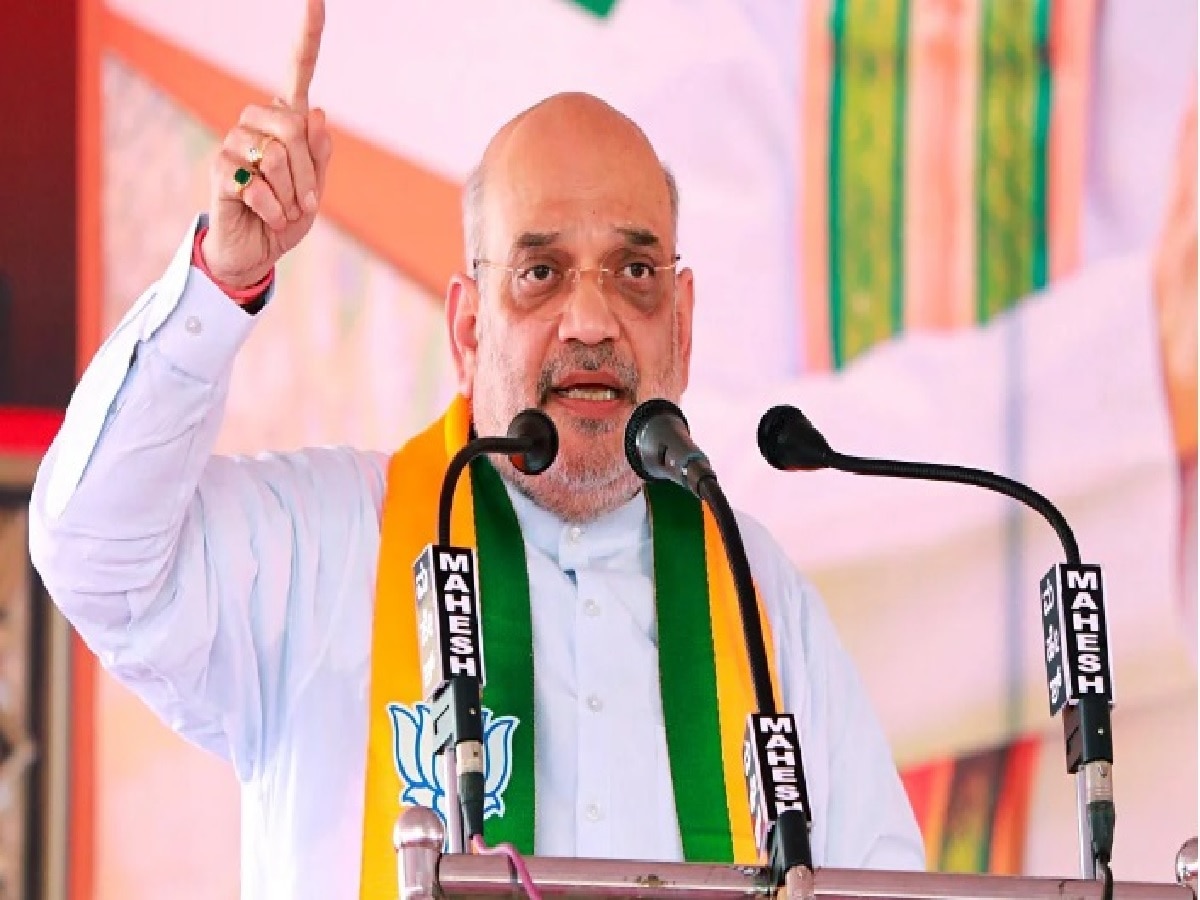
In a strong condemnation of the Congress and RJD, Union Home Minister Amit Shah criticized their role in destroying Bihar and urged the state to vote for the development path of Prime Minister Narendra Modi and Chief Minister Nitish Kumar. Shah also highlighted the NDA's accomplishments in the state, including the allocation of Rs. 9 lakh crore for Bihar's development and the construction of a grand Ram Temple in Ayodhya. However, RJD spokesperson Shakti Yadav hit back, calling Shah the "hero of Gujarat's jungle raj" and questioning the BJP's contributions to Bihar's development in their 20 years of alliance with JDU. With the upcoming state polls, BJP and RJD are engaged in a war of words, setting the stage for a highly contested election.
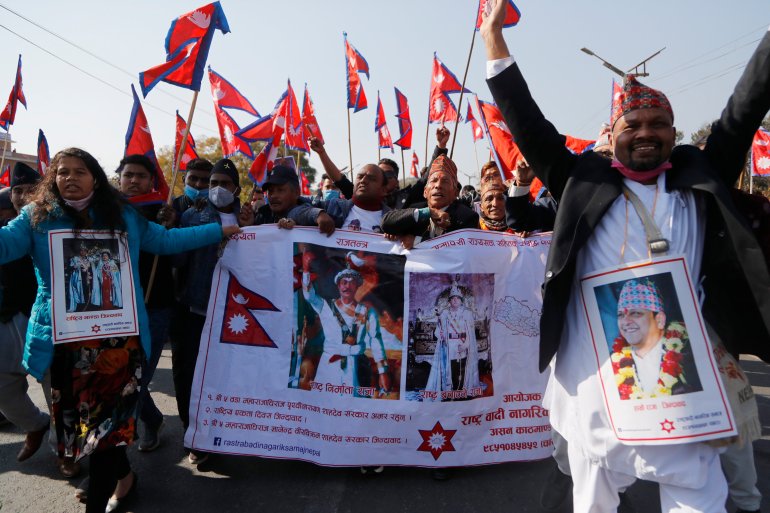
Amidst heightened tensions, Nepal has finally lifted the curfew in the Baneshwar-Tinkune stretch and surrounding areas following Friday's violent clashes between security personnel and pro-monarchy protesters. The protests, which resulted in deaths, arrests, and property damage, have led to a decline in public support for the royalists. With more arrests expected and divisions within the pro-Hindu and pro-monarchy groups, the Nepal Home Ministry is determined to contain any further disruptions.
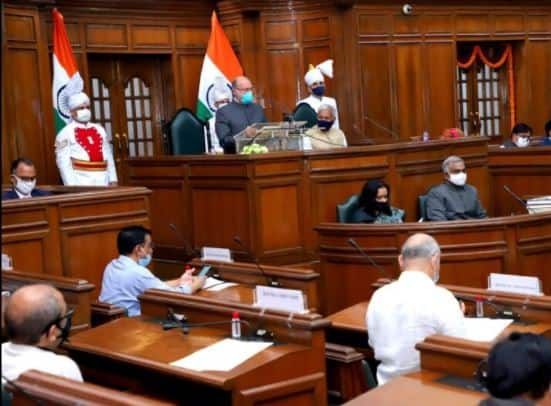
BJP leader Ajay Mahawar has raised the issue of renaming Babarpur during the ongoing Delhi Assembly session, stating that it should be named after someone who contributed to the nation's development. He argues that figures like Abdul Kalam, Abdul Ghaffar Khan, and Ashfaqulla Khan, who fought for freedom or contributed to nation-building, can be honored instead. Mahawar emphasizes that the issue is not about division but preserving the cultural identity and heritage of Delhi. This demand comes as the Delhi Assembly also discusses the renaming of the Mustafabad Assembly Constituency.